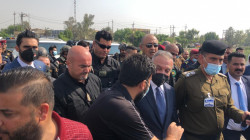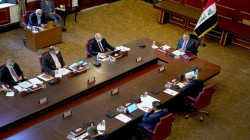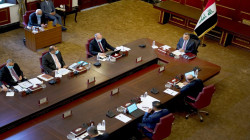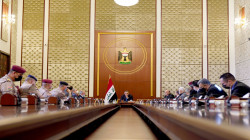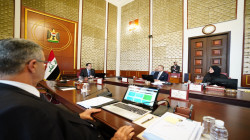Iraqi Cabinet to Form a Committee to Combat Islamophobia, Hate Crimes
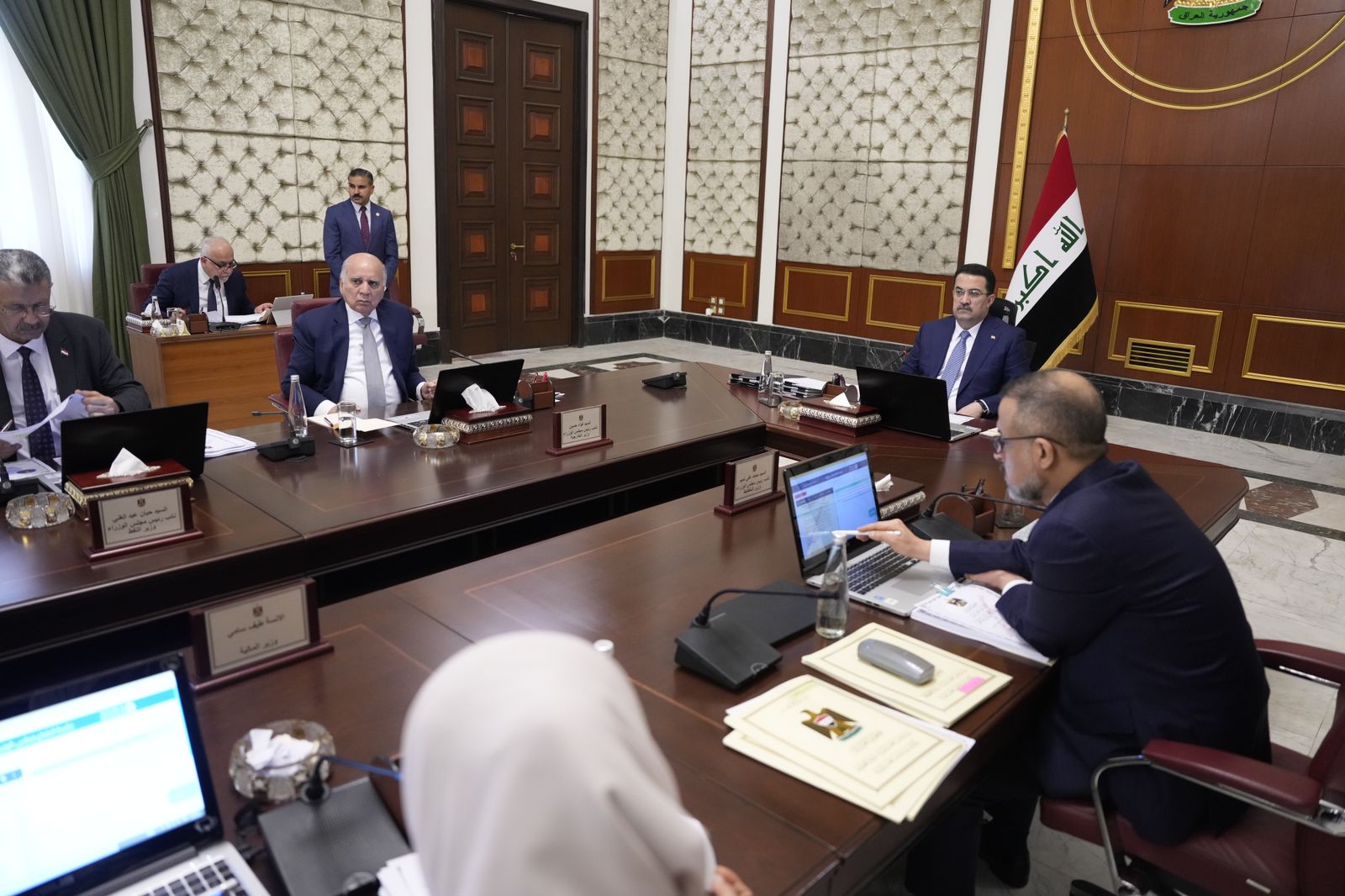
Shafaq News/ Iraq's government decided to establish a committee tasked with addressing hate crimes in international courts in an ordinary session headed by Prime Minister Mohammad Shia al-Sudani on Tuesday.
The council notably addressed the inflammatory incident of the Holy Quran and the Iraqi flag being burnt, with Prime Minister Al-Sudani underlining the urgency of drafting a robust law to counter such actions.
"This measure is of utmost importance, given Iraq's history with terrorism, hatred, and incitement," he said as he announced the formation of a committee of international law professors tasked with this challenging endeavor.
The Council approved a revamped bill of official holidays, retracting previous directives and resolutions, thereby forwarding it to the Council of Representatives.
The cabinet approved allocating two trillion dinars for the provision of ration card items and payment of farmers' dues for the 2023 season's wheat and barley crops.
The council approved recommendations concerning solar energy projects and tax waivers for the Ministry of Electricity. It also ratified the write-off of tax deposits totalling $14,344,675.8, owed by the Ministry of Electricity in relation to the contract with South Korean company, STX. This bold move aims to free up resources to improve the maintenance of electrical stations in 2023.
On the topic of renewable energy, amendments were approved to streamline procedures for allocating lands needed for renewable energy projects. These changes will establish the lease contract for the energy station directly with the Ministry of Electricity, bypassing land-owning agencies.
In a bid to drive the country's oil and gas industry forward, the Council authorised the Minister of Finance to sign key documents related to the Basra Refinery Development Project.
The session also approved a visa exemption memorandum of understanding between Iraq and Pakistan for holders of diplomatic and official passports.
Finally, an amendment to the Civil Defense Law was approved, and a legislative resolution was revised to extend tax exemptions to Iraqi owners of development projects, a move aimed at fostering domestic investment and development.
